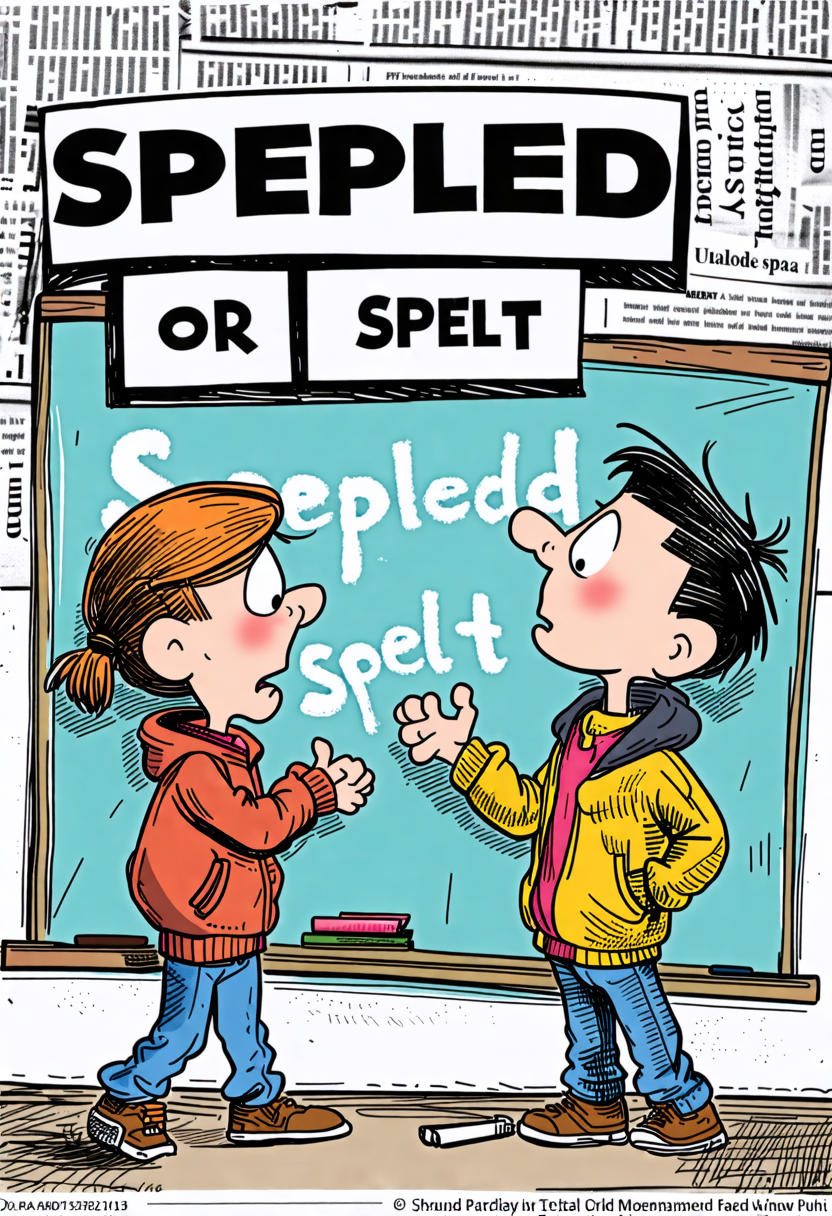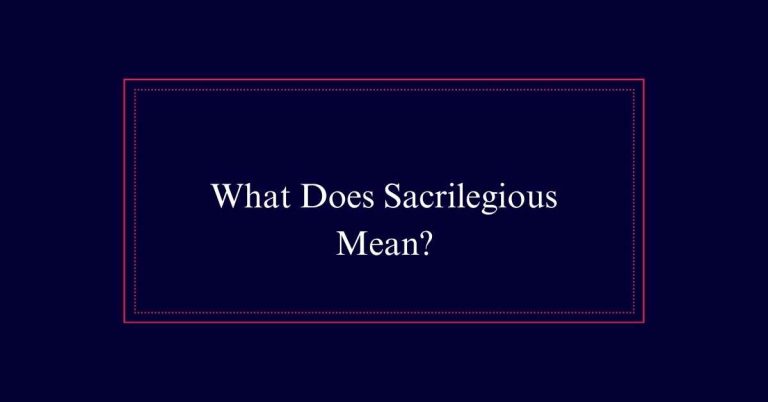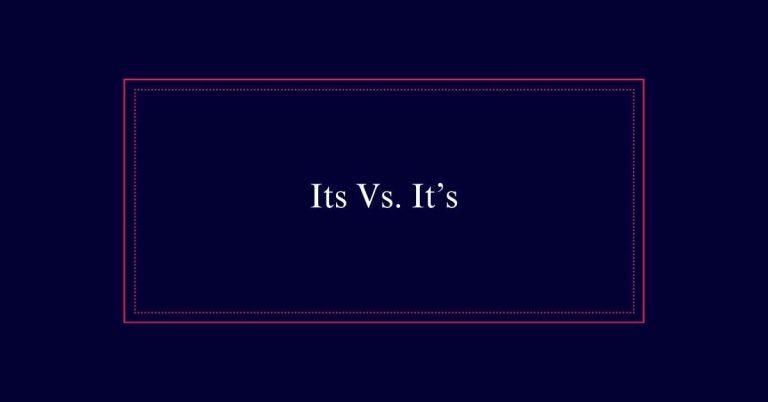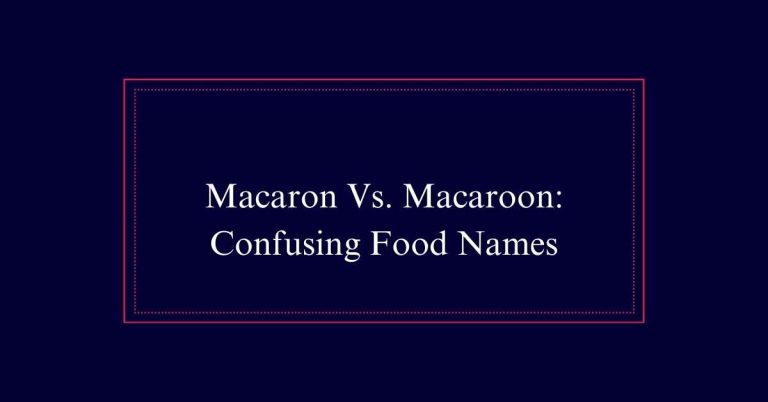Spelled or Spelt?
The choice between ‘spelled’ and ‘spelt’ depends on your regional preferences. In American English, ‘spelled’ is the standard past tense of ‘to spell.’ British English typically uses ‘spelt,’ but both forms are acceptable and understood.
Historically, ‘spelled’ became common in the U.S. in the 19th century, while British English retained both versions, with ‘spelt’ being more prevalent. Regions influenced by British English, such as Australia and Canada, also use ‘spelt.’
Definition of ‘Spell’
Defined by dictionaries, ‘spell’ means to signify or explicitly explain something. It is a verb that commonly refers to the act of forming words with letters in the correct sequence.
The word ‘spell’ can also imply interpreting or conveying a clear meaning. For example, when one spells out instructions, they provide detailed and precise information.
The term ‘spell’ has various other uses, such as in idiomatic expressions like ‘to cast a spell,’ which means to enchant or captivate. Additionally, ‘spell’ can denote a temporary period, as in ‘a spell of good weather.’
‘Spelled’ in American English
In American English, the past tense of ‘to spell’ is mostly ‘spelled’. This form is widely accepted and commonly used in both written and spoken language in the United States. The preference for ‘spelled’ over ‘spelt’ is consistent across various texts and contexts, reflecting a standard in American linguistic norms. Here is a comparison to illustrate usage:
| Region | Past Tense | Example |
|---|---|---|
| United States | spelled | He spelled the word correctly. |
| Canada | spelled | She spelled her name out loud. |
| United Kingdom | spelled/spelt | The word was spelled/spelt wrong. |
‘Spelt’ in British English
Therefore, British English often employs ‘spelt’ as the past tense of ‘to spell’. This usage is standard and widely accepted in the UK and other Commonwealth countries. The preference for ‘spelt’ aligns with similar verb forms in British English, such as ‘dreamt’ and ‘leapt’.
While ‘spelled’ is also correct, ‘spelt’ is more common in everyday writing and speech in these regions. This distinction highlights the subtle differences in English usage around the world. It is important to recognize that both forms are grammatically correct.

Regional Variations
Although both ‘spelled’ and ‘spelt’ are correct, their usage often depends on regional preferences. In American English, ‘spelled’ is the commonly accepted form. Conversely, in British English, both ‘spelled’ and ‘spelt’ are used interchangeably, though ‘spelt’ is more frequently seen.
This pattern extends to other regions influenced by British English, such as Australia and Canada. In these areas, readers may encounter either form in written texts. The choice between the two can also reflect personal or editorial style. However, regardless of the preference, both forms are understood globally.
Historical Usage
Understanding regional preferences for ‘spelled’ and ‘spelt’ requires a look at their historical usage. In early English, both forms were used interchangeably. However, over time, regional differences emerged.
In American English, ‘spelled’ became the standard past tense and past participle of ‘to spell’. This shift gained prominence in the 19th century, influenced by standardized American dictionaries.
Conversely, British English retained both ‘spelled’ and ‘spelt’, with ‘spelt’ being more common in informal writing. Other English-speaking regions, like Australia and Canada, similarly use both forms, though ‘spelled’ is often preferred in formal contexts.
Idiomatic Expressions
Idiomatic expressions often reveal the preferred usage of ‘spelled’ or ‘spelt’ in different regions. In American English, the term ‘spelled’ is commonly used in idiomatic contexts. Conversely, British English often employs ‘spelt’. This difference can be seen in various phrases and everyday expressions.
Here is a comparison of usage:
| Idiomatic Expression | American English (Spelled) | British English (Spelt) |
|---|---|---|
| “He spelled it out clearly.” | Yes | No |
| “The end was spelled out.” | Yes | No |
| “She spelt it wrong.” | No | Yes |
| “The crisis spelled trouble.” | Yes | No |
| “The name was spelt correctly.” | No | Yes |
Spelt as a Grain
Beyond its use in idiomatic expressions, ‘spelt’ also refers to an ancient grain known for its nutritional benefits.
Spelt is a type of hulled wheat that has been cultivated since ancient times. It is recognized for its rich nutritional profile, including high levels of protein, fiber, and various vitamins and minerals.
Spelt has a nutty flavor and can be used in a variety of culinary applications such as bread, pasta, and baked goods. Its recent resurgence in popularity is due to its health benefits and versatility in cooking.
Contextual Examples
How do ‘spelled’ and ‘spelt’ appear in real-world usage?
In the United States, ‘spelled’ is mainly used in both formal and informal writing. For example, ‘She spelled her name for the receptionist.’
In contrast, British, Australian, and Canadian English often see both ‘spelled’ and ‘spelt’ used interchangeably. An example from the UK might be, ‘He spelt the word correctly in the competition.’
Context also influences usage. In idiomatic expressions, ‘spelled’ is generally preferred globally, such as in ‘spelled trouble.’
Importantly, ‘spelt’ can also refer to a type of wheat, adding another layer of complexity.
Published Variations
Published examples demonstrate the diverse usage of ‘spelled’ and ‘spelt’ across different English-speaking regions. This variation is evident in several published works and contexts, reflecting regional preferences and editorial choices.
- Katerina Johnson-Thompson’s Name: During the Rio 2016 Olympics, her racing bib had her name ‘spelt’ wrong, a common British usage.
- US Sub-Prime Mortgage Crisis: American publications often report that the crisis ‘spelled’ ruin for thousands, using the American past tense.
- Frank Ocean’s New Release: The title of his new release is ‘spelled’ differently in various locations, showcasing regional spelling preferences.
Choosing Between ‘Spelled’ and ‘Spelt
Given the regional variations in the use of ‘spelled’ and ‘spelt’, understanding how to choose between them becomes important. The choice often hinges on the form of English being used. American English mainly uses ‘spelled,’ whereas British English and other varieties accept both ‘spelled’ and ‘spelt.’
| Region | Preferred Form | Acceptable Form |
|---|---|---|
| United States | spelled | spelt |
| United Kingdom | spelt | spelled |
| Canada | spelled | spelt |
| Australia | spelt | spelled |
| New Zealand | spelt | spelled |







